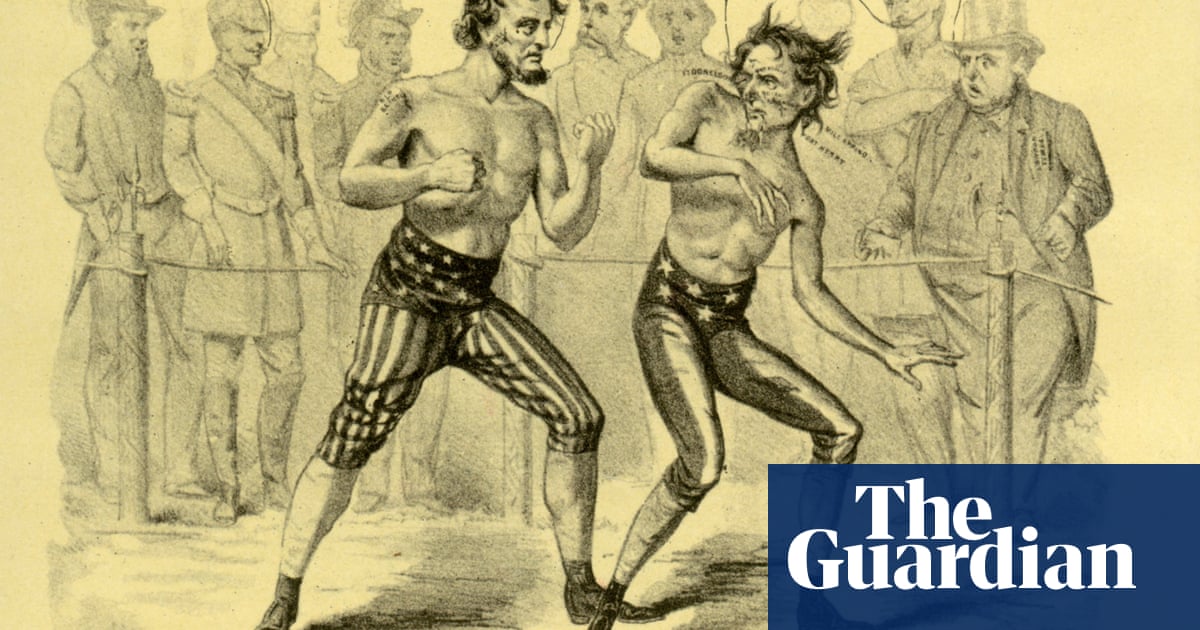Nigel Hamilton, a renowned biographer, has delved into the lives of prominent figures such as John F Kennedy, Franklin D Roosevelt, and Bill Clinton. His latest work, Lincoln vs Davis: The War of the Presidents, was released on the same day as the US presidential election, where Kamala Harris faced off against Donald Trump.
In his book, Hamilton references Adam Gurowski’s scathing critique of Washington life in 1862, which still resonates today. Gurowski lamented the state of politics, describing it as a “political cesspool” filled with filth and corruption.
During a dark period in 1862, the Union faced peril as northern forces suffered a defeat at Fredericksburg in Virginia. The Emancipation Proclamation had not yet been implemented, and the nation was deeply divided.
Hamilton began writing his book in 2019, amidst the chaos of the Trump presidency. The parallels between Lincoln’s era and the present day, with a divided nation and threats of violence, are striking.
Hamilton’s interest in exploring Lincoln’s role as commander-in-chief during the Civil War was sparked by a visit to the battlefield of Gettysburg. He sought to examine how Lincoln, a non-military man, managed the challenges of leading a nation at war.
The rivalry between Lincoln and Jefferson Davis, the Confederate president, is likened to a boxing match in Hamilton’s book. Despite Davis’s initial advantage, Lincoln’s adaptability and strategic decisions ultimately led to his triumph.
Davis’s failure to defeat Lincoln can be attributed to his overconfidence and the Union’s shift towards embracing emancipation as a central cause. Once the war became about ending slavery, the Confederacy lost support and hope of foreign recognition.
Hamilton highlights Lincoln’s leadership style, which emphasized consensus-building and maintaining a cohesive cabinet. While Lincoln was criticized for his indecisiveness and reluctance to dismiss failed cabinet members, this approach ultimately contributed to his success.
As an English-born American, Hamilton expresses concern about the current state of the United States, reflecting on the lessons of history and the fragility of democracy. He emphasizes the enduring importance of principled leadership, as exemplified by Lincoln.
